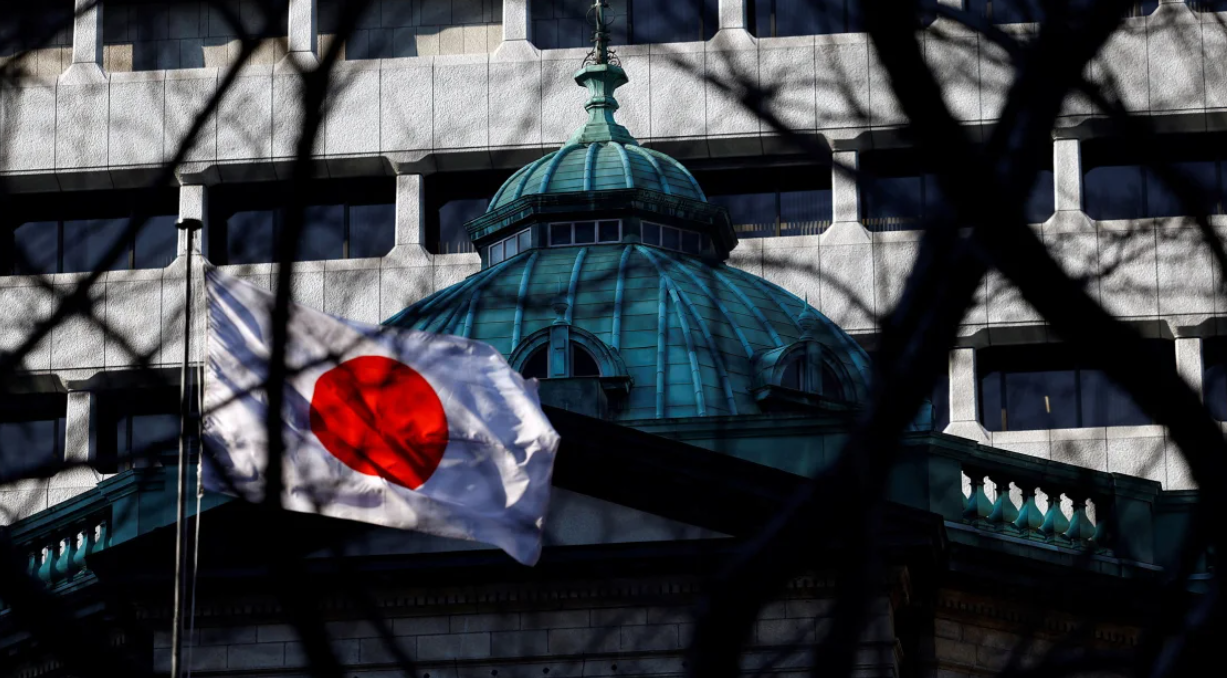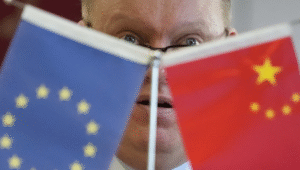Japan’s central bank (Bank of Japan – BOJ) on Friday raised interest rates to 0.5%, the highest level since the 2008 global financial crisis. This has expressed confidence in achieving the 2% inflation target with the help of rising wages.
The decision-making process culminated in a two-day meeting of the BOJ, where the announcement was made by a vote of 8 to 1. One of the board members, Toyoaki Nakamura, voted against the decision.
Interest rates highest in 17 years:
The decision to raise short-term interest rates to 0.5% from 0.25% represents the BOJ’s first interest rate hike in over a year. As such, plans to keep interest rates up to 1% for some time to come seem firm.
“Companies are signaling wage increases in annual wage negotiations, raising the prospect of achieving the BOJ’s monetary target,” the BOJ announced.
Rising inflationary pressures and currency market movements:
Japan’s inflation target is 2%, and wage growth plays a key role in boosting it. According to December 2024 data, the core consumer inflation rate was 3.0%, the highest in 16 months. Rising fuel and food prices are responsible for this.
The BOJ revised up its inflation forecast in its annual report, saying it believes it will remain above 2% over the next three years. Inflation is projected at 2.4% in the 2025 financial year, which will slow down to 2.0% in 2026, the report said.
Yen strength and bond market changes:
The yen rose 0.5% to 155.32 against the dollar following the interest rate hike decision. Also, the yield on two-year Japanese government bonds (JGB) rose to 0.705%, the highest since October 2008.
BOJ Governor’s Thoughts and Further Policy:
All eyes were on the statement released by BOJ Governor Kazuo Ueda. He said, “If Japan achieves a positive inflation-wage-expenditure cycle, steps will be taken to raise interest rates further.”
Influence of the labor movement:
Japan’s labor union chiefs have demanded a wage increase of at least 5.1% in this year’s wage negotiations. “Stable wage growth will reduce inflationary pressure,” the union chief opined.
Japan’s Economic Growth and Global Influence:
Japan’s economy is expected to grow by 1.1% in fiscal 2025 and 1.0% in 2026, according to BOJ estimates. Japan needs to remain alert as the uncertainty in US economic policy and Trump’s policies are likely to affect global markets.
A new journey of economy:
After taking office in April 2023, Ueda reversed the previous governor’s aggressive stimulus programs and raised interest rates in July 2024.
The interest rate hike has taken an important step towards controlling inflation in Japan. However, the Japanese people still face major economic challenges due to rising import costs, labor shortages, and rising commodity prices.














